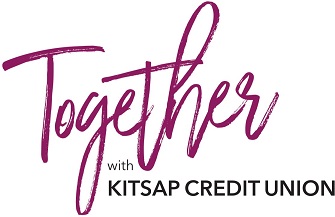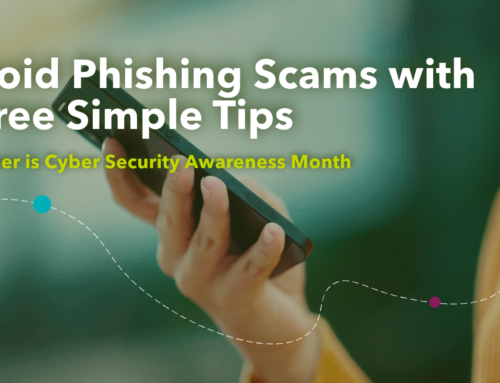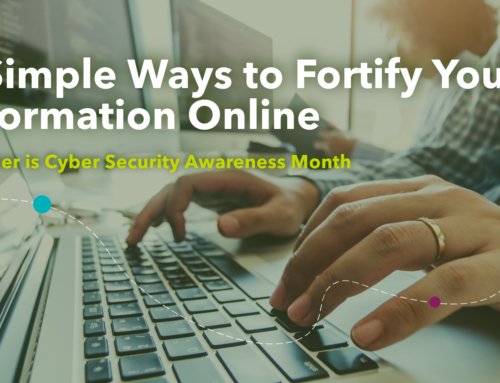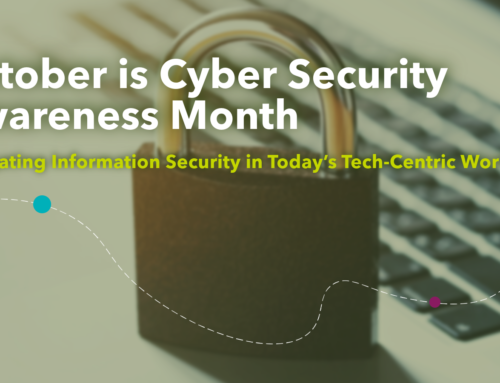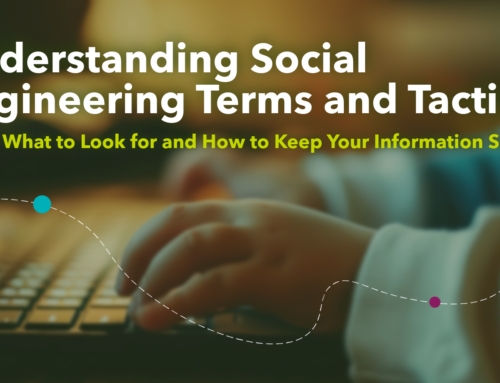For many students, college symbolizes freedom, adventure, and fun. But what they need to be reminded of is that it also brings responsibilities. These responsibilities range from simple things, such as doing their own food shopping and laundry, but it also means keeping track of their own finances, especially since this might be the first time with their own bank account or credit card. Unfortunately, their inexperience also means they are more susceptible to scams and fraud. To help minimize that possibility, here are four important tips for college students to avoid fraud and scams.
Keep Personal Information Private
One of the most important things to keep in mind is to always keep personal information private. This means not sharing PIN numbers with anyone or leaving documents that have sensitive information out for just anyone to see. People can use all of this information to commit fraud.
Shred Documents with Sensitive Information
It’s important to store all important documents in a safe place, but never throw junk mail in the trash with personal information. If you want to throw something away, such as a credit card offer, always make sure to shred the document beforehand to avoid any issues down the line.
Always Review Billing and Bank Statements
It is crucial to keep track of your billing and bank statements. This is usually where you will find the first indication that something is wrong, and it’s best to get on top of the issue right away before the situation worsens. If you see something that doesn’t look right on one of your statements, contact your bank or credit card company right away and file a claim so that they can look into the issue at hand.
Be Vigilant of Scams
Whether it has to do with student loans or even paying a bill, hundreds of scams out there that you need to be aware of. If you receive a phone call and they ask you for personal information or to make a payment on the phone, don’t be fooled. Most of these instances are scammers trying to get your credit card information or personal information from you. If you think the call is legitimate, you can always call back a secure number that you know is real to continue the conversation.
For more information about fraud protection, visit our website or check out our other fraud prevention articles.
